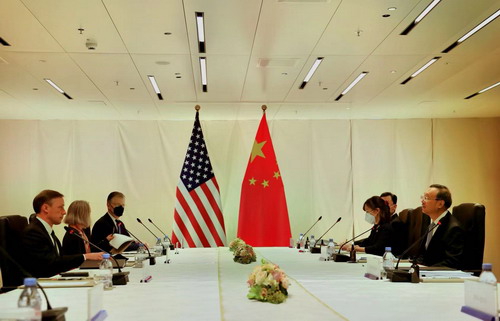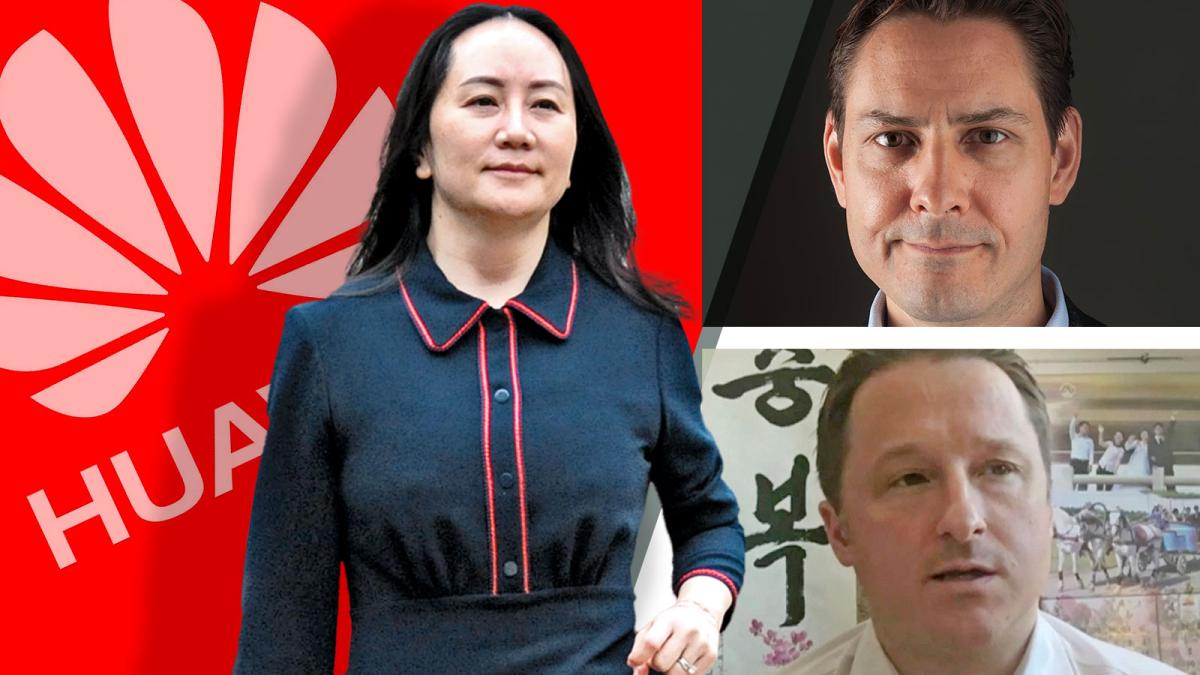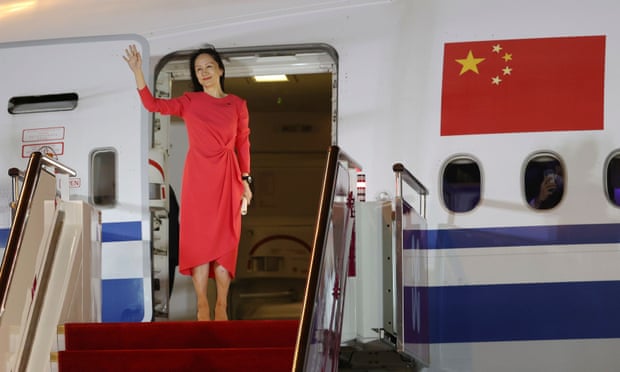James H. Nolt, Adjunct Professor at New York University
Oct 26, 2021
Headlines would suggest a U.S.-China confrontation is imminent, but a close examination of the economic relations between the two nations and the material reality of trade reveal that instigating a conflict would be a proverbial shot in the foot for either side.
Dong Chunling, Deputy Director, Office of the Center for the Study of a Holistic View of National Security, CICIR
Oct 21, 2021
The importance of China-U.S. relations goes far beyond the two countries. Their relationship influences no only their own people but also sets an example for others. They need to step up to the task.
Li Yan, Director of President's Office, China Institutes of Contemporary International Relations
Oct 18, 2021
Over several decades, the U.S. has emphasized crisis management with China, mostly for tactical reasons. Now, the Biden administration’s emphasis is clearly strategic. The U.S. wants to be in a position to constrain China’s policy options, while tilting the playing field toward its own interests.
Sun Chenghao, Fellow, Center for International Security and Strategy of Tsinghua University; Munich Young Leader 2025
Oct 13, 2021
Dialogue is always better than confrontation. The Zurich talks may lead to a virtual presidential meeting and more frequent strategic discussion between the two countries to gradually change the negative narrative of competition. A solid foundation must be built one step at a time, and each opportunity seized.

David Shambaugh, Gaston Sigur Professor and Director of China Policy Program at George Washington University, Distinguished Visiting Fellow at Hoover Institution of Stanford University
Oct 12, 2021
Recent high-level talks in Switzerland between China and the United States have laid a basis for continuing dialogue, leading to a joint agreement for Presidents Biden and Xi Jinping to hold a virtual summit before the year’s end.
Joseph S. Nye, Professor, Harvard University
Oct 11, 2021
As US President Joe Biden’s administration implements its strategy of great power competition with China, analysts seek historical metaphors to explain the deepening rivalry. But while many invoke the onset of the Cold War, a more worrisome historical metaphor is the start of World War I. In 1914, all the great powers expected a short third Balkan War. Instead, as the British historian Christopher Clark has shown, they sleepwalked into a conflagration that lasted four years, destroyed four empires, and killed millions.

Sun Zhe, Co-director, China Initiative, Columbia University; Senior Research Fellow, Institute of State Governance Studies, Beijing University
Oct 11, 2021
One positive outcome is that the two presidents, Xi Jinping and Joe Biden, will hold a videoconference before the end of the year. But there have been a number of other good signs elsewhere as well. Bilateral ties have not continued deteriorating but are showing signs of a gradual thaw.

Philip Cunningham, Independent Scholar
Oct 02, 2021
While the release of Meng Wanzhou to China and Michael Spavor and Michael Korvig to Canada gives cause to celebrate, the underlying reasons that led to their detainments must be analyzed.
Junyang Hu, Research Associate for U.S.-China PAX sapiens, One Earth Future Foundation
Oct 02, 2021
As the United States redistributes resources in response to complex dynamics with regard to China, its approach is likely to be an evolutionary, full-spectrum endeavor that goes beyond the military alone. It’s a posture that will be difficult to maintain and one that could even create chaos.

Einar Tangen, Host of the OnAsia Vcast
Oct 02, 2021
The sordid tale of a Huawei executive — held hostage in Canada under pressure from the United States — ends with a whimper, not a bang. And the world is worse off for it. Yet the aimless machinations of a wayward superpower continue.
Back to Top

- China-US Focus builds trust and understanding between the U.S. and China through open dialogue among thought leaders.
- Our Offerings
- Topics
- Videos
- Podcasts
- Columnists
- Research Reports
- Focus Digest
- Stay Connected
-
Thanks for signing up!
- Get the latest stories from China-US Focus weekly.